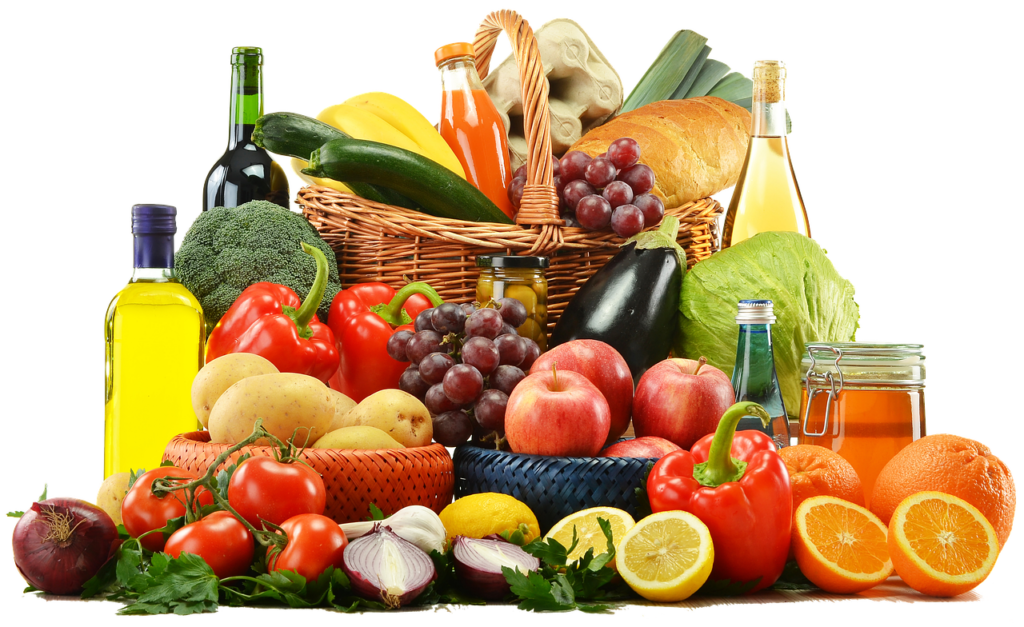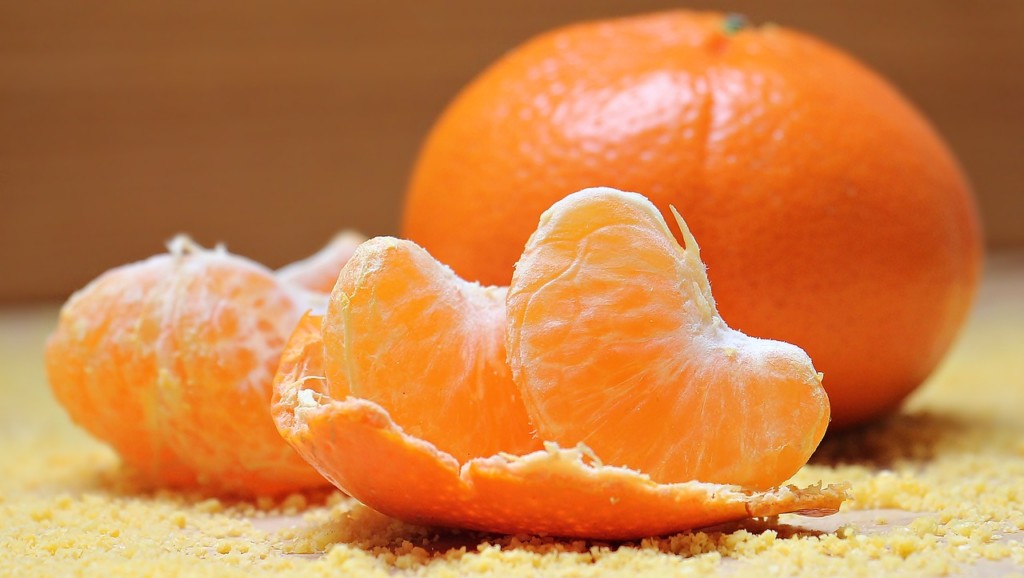Visit vitamin C is the most widely known vitamin. Does it deserve this reputation? What does it consist of? what is its recommended daily dosageand in which foods where to find it?
These are the questions we'll be answering in this article, which like the others, is one of the chapters in the Blooness feeding guidea white paper designed to bring together the ingredients of the ideal diet for humankind.
Definition of vitamin C: what is it?
Vitamin C is a water-soluble vitamin. Remember, in the introductory chapter on vitaminswe learned that visit vitamins are not stored in the body.. They are water-soluble, and are easily eliminated through the urine (except for vitamin B12, which we'll look at in a later chapter).
Humans cannot synthesize vitamin C on their own, nor can they store it. It must therefore draw it from food every day.so that it can participate in hundreds of physiological reactions.

The discovery of vitamin C is linked to scurvy, a disease that affected sailors, who were deficient in vitamin C because they didn't eat fruit and vegetables. vegetables during their long journeys. The word scurvy gave rise to the term ascorbic acid, the scientific name for vitamin C.
This content is part of the guide Blooness, the guide to the ideal human diet, the summary of which you can find here 🌱🥑
The main property of ascorbic acid is that it is a antioxidant organic acid. In other words, vitamin C prevents or slows oxidation neutralizing free radicals (responsible for ageing).
Benefits of vitamin C
Vitamin C acts as a coenzyme in many physiological reactions.
Antioxidant role
Ascorbic acid protects cells against the free radicals responsible for cell aging.
Collagen synthesis
Vitamin C stimulates the synthesis of collagen, an important protein essential for building and strengthening tissues, skin, bones, teeth, ligaments, gums...
Boosting the immune system
Vitamin C contributes to the immune system and protects against infection.
Iron absorption
Vitamin C (minimum 200 mg per day) combined with a daily intake of iron (30 mg) would increase the absorption of the latter in adults.
Pneumonia
Vitamin C may have a preventive effect, and may also reduce the duration of the disease, particularly in those with low levels of vitamin C52.
Foods rich in vitamin C
Here is a list of the foods richest in vitamin C (in mg of vitamin C / 100g of food)
Goyave 228.3
Yellow bell pepper 183.5
Cassis 181
Fresh parsley 133
Kale, raw 120
Kiwi 92.7
Green bell pepper, raw 80.4
Litchi 71.5
Raw watercress 69
Broccoli 64.9
Raw kohlrabi 62
Brussels sprouts 62
Papaya 61.8
Grapefruit 61
Orange 59.1
Milling cutter 58.8
Raw red cabbage 57
Lemon 53
Orange juice 50
Raw cauliflower 48.2
How to maintain vitamin C content
Like all nutrients, vitamin C is very fragile. After 3 to 4 days, the vitamin C content of fruit and vegetables begins to decline. It is sensitive to light, air (oxygen), temperature and cooking time, which is why we recommend steaming.
Recommended daily allowance of Vitamin C
European recommendations include a daily intake of 75 mg for women and 90 mg for men. For example, one orange provides an average of 53 mg of vitamin C (around 60 mg per 100 g).

In France, the Agence française de sécurité sanitaire des aliments recommends a daily intake of 110 mg for an adult from 20 to 60 years old.
People who are more exposed to the harmful effects of oxidants, such as smokers, have an increased need for vitamin C (125 mg according to Belgium's Conseil supérieur d'hygiène).
On their side, alternative researchers and nutritionists recommend higher dosages. The Institute for Orthomolecular Medicine, based at the University of Oregon and now known as the Linus Pauling Institute, maintains, for example, that the optimal vitamin C requirement for (sedentary) humans is "at least 400 mg per day"..

At this dose, the Institute's researchers estimate that it has very significant beneficial effects on stress resistance, the prevention and treatment of high blood pressure, the health of blood vessels and arteries, and the prevention of cancer.
According to these alternative scientists, who have not yet been validated by the authorities, athletes need more than 500mg/day.
Should I take vitamin C supplements?
Depending on where you stand in relation to recommended dosages, you may be more or less tempted to supplement with vitamin C.
If you choose to take vitamin C tablets, don't worry, up to 2,000 mg per day (in divided doses), vitamin C supplementation is safe.

A priori, if you are exposed to the harmful effects of oxidants (tobacco, stress, etc.), and/or if you are athletic, it would seem wise to supplement your diet, and increase your intake of fruit and vegetables. It can only do you good.
Conclusion
Vitamin C deserves its reputation, and its consistent intake is essential for the body to function properly.
Next chapter: Vitamin B1
Previous chapter : Vitamin K
New: Blooness Accelerated Programs
For quick results if you are looking for
lose fat permanently,
maintain stable energy levels throughout the day,
and prevent chronic diseases.
Immediate access to the Premium Guide + all current and future programs
Limited founding rate – will soon increase to €97


2 Responses
What a great read!
Very interesting